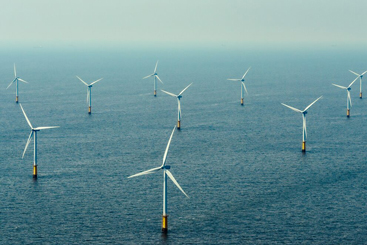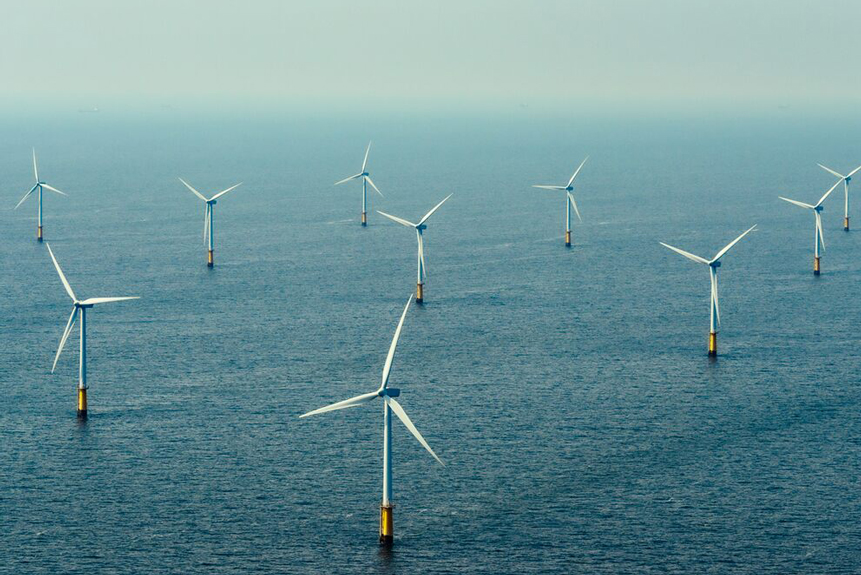
Wednesday, March 24, 2021
Is There Opportunity in European ESG ETFs Post-SFDR?
By Century Financial in 'Brainy Bull'


ESG (environmental, social and governance) funds have now become part of the trading equation for many retail and institutional investors.
However, as these funds have grown more popular, so has the need for greater transparency and standardisation. Various providers use idiosyncratic criteria in order to classify their ESG funds, which some fear is leading to “greenwashing” — that is, using the ESG label as a way of making claims about a financial product’s positive credentials that could be untrue.
Enter the EU’s Sustainable Finance Disclosure Regulation (SFDR), which came into effect on 10 March. The SFDR means fund managers operating in Europe will have to back up ESG claims by disclosing sustainability-related information. Under SFDR, ESG products will be assigned to one of two categories. Article 8 covers products that promote environmental or social characteristics, while article 9 covers products that have sustainable investment as their objective. Each article has its own criteria, which fund managers will need to meet.
For those managing ESG funds, the challenge will be how to characterise these products, especially those that allude to environmental issues. Some may need to amend the way in which products are described, others may choose to place environmental concerns at the core of the objective.


Despite the new rules coming out of the EU, UK funds will also likely have to align to the regulations. Andy Pitts-Tucker, MD of Apex ESG’s Ratings & Advisory, told Asset Serving Times in February:
“UK managers cannot rely on Brexit as an excuse — while this regulation hasn’t been included as part of the Brexit on-shoring process, many UK-based firms are likely to remain in the scope of the requirements in their capacity as alternative investment fund managers (AIFMs), for example when marketing funds into the EU or managing EU-based funds.”
How European ESGs funds are performing
The new regulation comes at a time when ESG-focused European ETFs have seen solid growth over the past year. The iShares MSCI EMU ESG Enhanced UCITS ETF EUR (Dist) [EMUD] has delivered a 54% return over the past 12 months, and a 3.44% return over the past month. The largest iShares MSCI Europe SRI UCITS ETF (Acc) [IESG] has also delivered a strong return, up circa 45% over the 12-month period and 1.91% over the month.


The cheapest among the European funds, according to justetf.com, is the L&G Europe ex UK Equity UCITS ETF, which has made an almost 47% gain over the year and a circa 3% gain in the past month. The ETF excludes coal miners, weapon companies and those that have been in breach of at least one of the UN Global Compact principles.
European ESG ETFs also compare favourably to their overseas counterparts, according to our thematic ETF screener. In the past month, non-European ETFs providing exposure to the clean energy investment theme from iShares, Invesco and SDPR have all dropped in value.
VW, Vestas and RWE could all benefit from Europe’s green shift
SAs the European Union mandates a move towards a greener future, there’s clearly the potential for both European ESG funds and individual companies offering green technology to prosper. The European Union is aiming to become carbon neutral by 2050 through the EU Green Deal, which Goldman Sachs has described “as the largest economic stimulus Europe has seen since the Marshall Plan.”
Goldman Sachs recently picked its top 20 stocks that will benefit from Europe’s move towards a greener future. One to watch, according to the investment bank is Volkswagen [VW], which looks to benefit from the shift to electric vehicles. Earlier in March, UBS analysts said on a call that the German-based manufacturer is likely to rival Tesla [TSLA] for dominance in the EV market by the end of the decade. Goldman reckons an investment in VW could “yield a significant advantage over the coming years.”
“This advantage could manifest itself in market share gains (up to 3.5% in a Blue Sky scenario and potentially worth 109 euros per share we estimate), lower investment requirements (up to 50%), reduced manufacturing costs (up to 30%) and economies of scale,” the analysts at Goldman Sachs wrote.


Vestas Wind Systems [VWS.CO] was also identified by Goldman Sachs. The Danish manufacturer and seller of wind turbines has seen its share price slip almost 30% since 7 January, representing something of a buying opportunity if Goldman analysts are correct (as of 19 March).
Finally, Goldman Sachs’ Alberto Gangolfi put a buy rating on German utility company RWE [RWE.AG], along with a €47 price target — a decent 47.75% upside on the current share price (as of 19 March’s close). RWE’s EBITDA for its offshore wind business increased 11% to €1.07bn in 2020 compared to 2019, while onshore wind and solar increased 7% to €472m. RWE has a goal of becoming carbon neutral by 2040, and expects wind, solar farm and battery storage to have a positive impact on earnings.
Source: This content has been produced by Opto trading intelligence for Century Financial and was originally published on cmcmarkets.com/en-gb/opto
Disclaimer: Past performance is not a reliable indicator of future results.
The material (whether or not it states any opinions) is for general information purposes only and does not take into account your personal circumstances or objectives. Nothing in this material is (or should be considered to be) financial, investment or other advice on which reliance should be placed. No opinion given in the material constitutes a recommendation by Century Financial or the author that any particular investment, security, transaction or investment strategy is suitable for any specific person.
Century Financial does not endorse or offer opinion on the trading strategies used by the author. Their trading strategies do not guarantee any return and Century Financial shall not be held responsible for any loss that you may incur, either directly or indirectly, arising from any investment based on any information contained herein.












